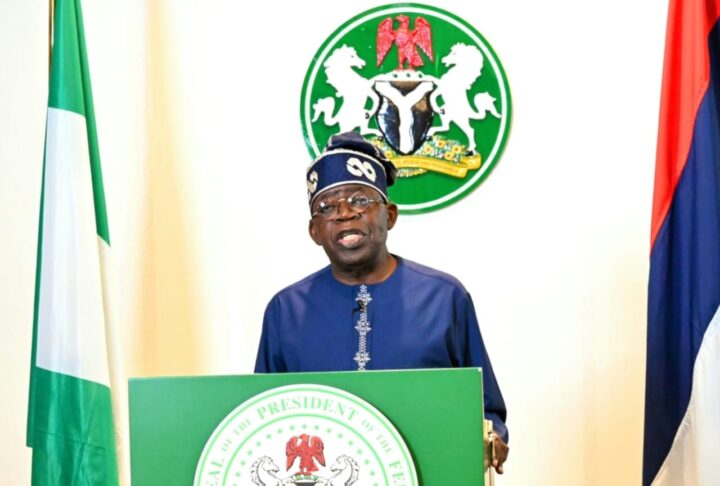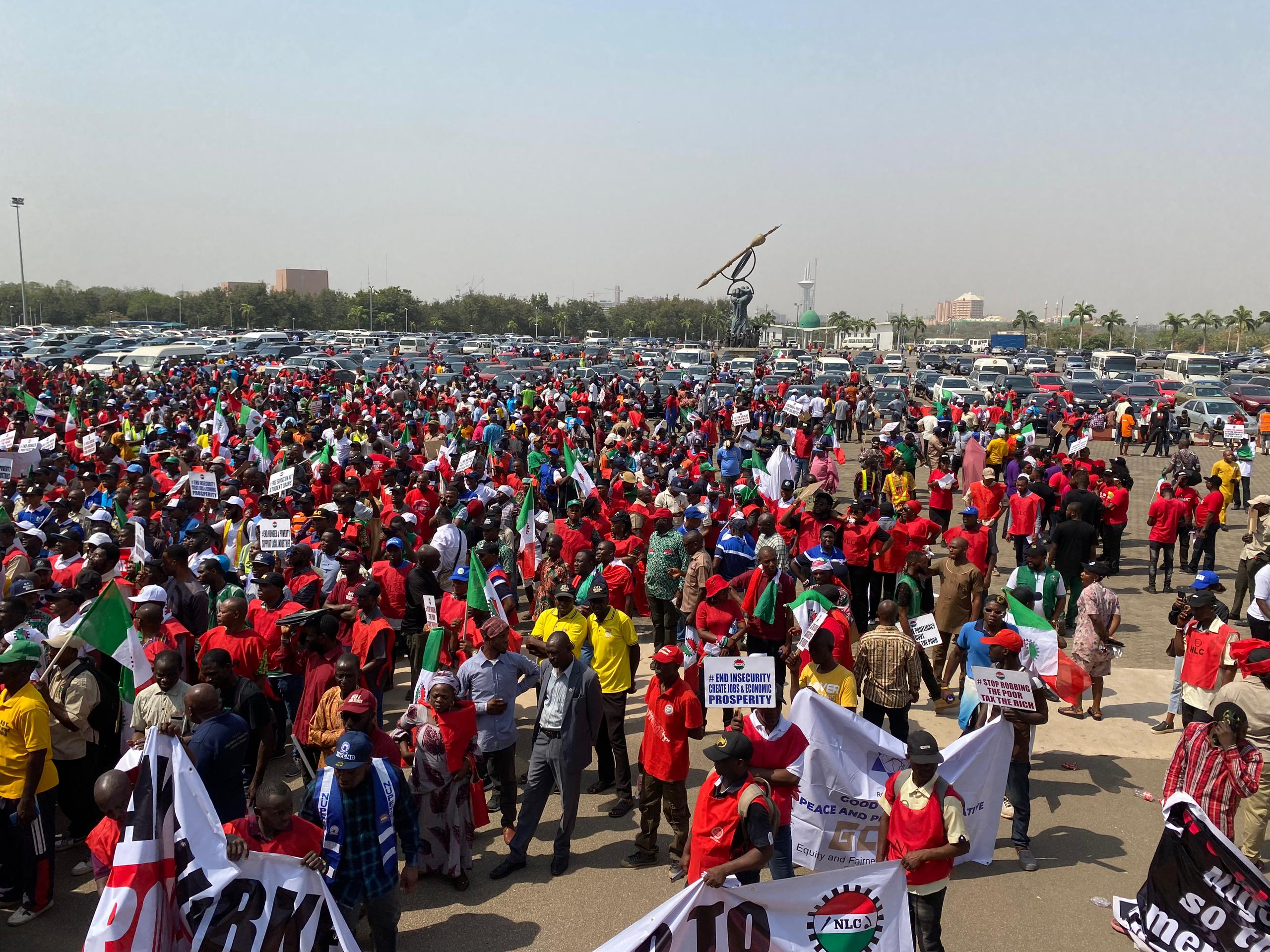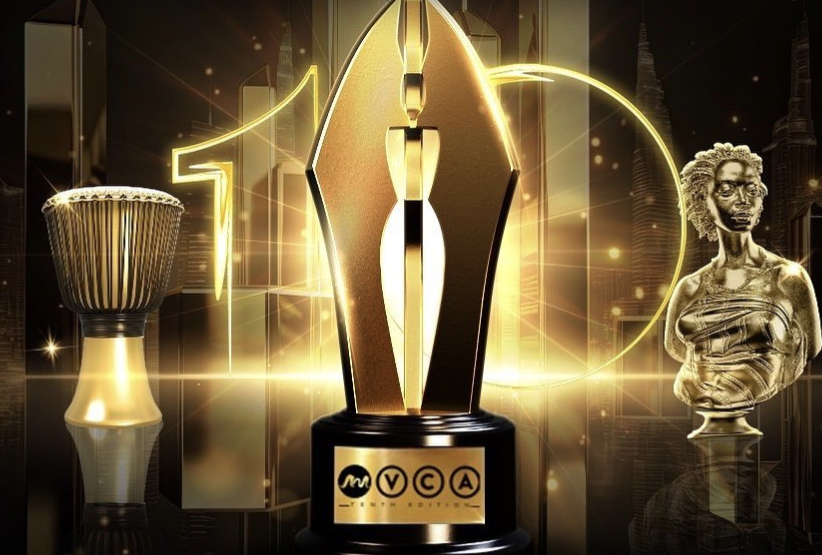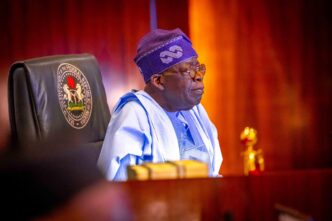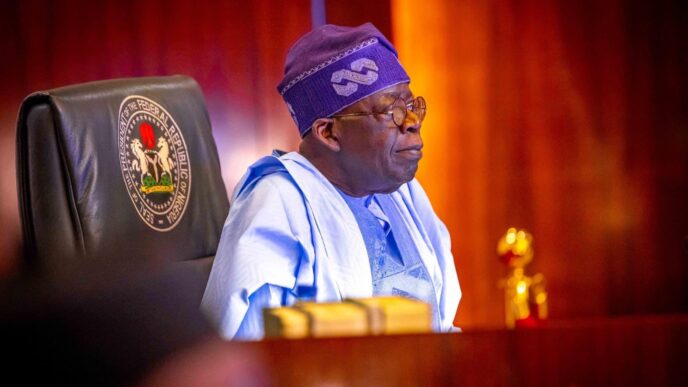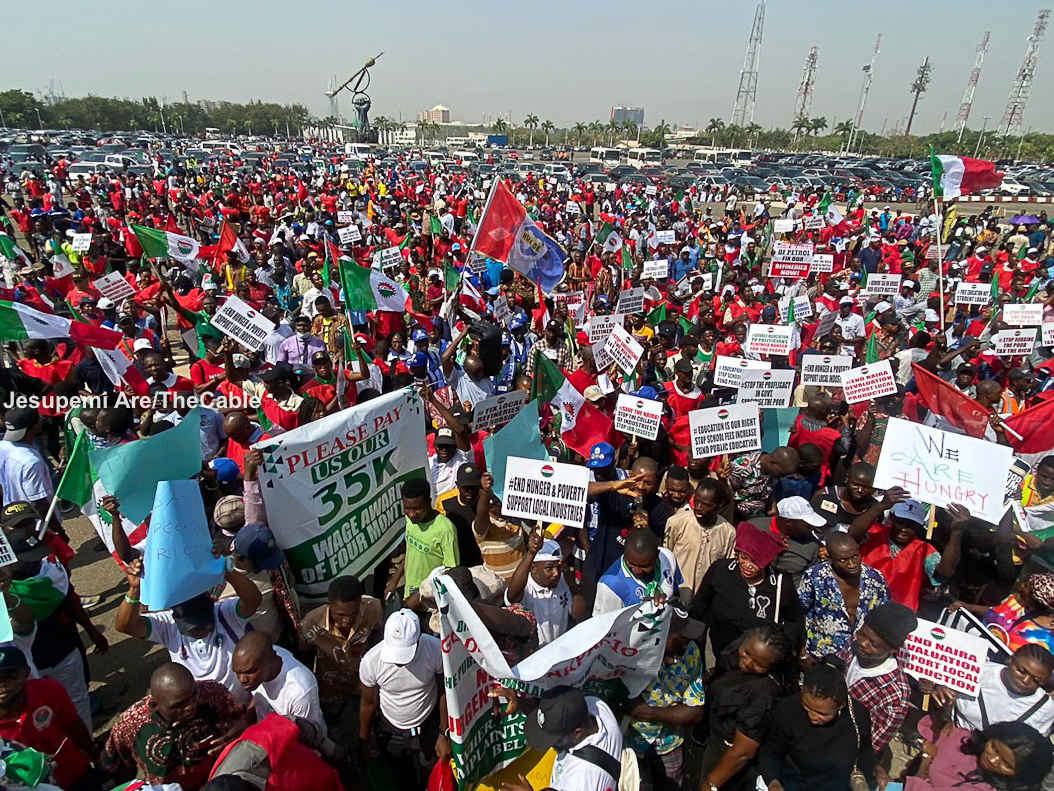BY OGECHI OKORO
Bola Tinubu first came to my attention during the military era, where he emerged as a powerful advocate for democracy, bravely challenging military regimes. With such a compelling background as a democracy fighter, many held high hopes for his leadership, expecting him to be an exemplary figure who would resonate with the everyday struggles of Nigerians. Today, as we evaluate his journey, some reflect on how circumstances have changed.
Tinubu became the governor of Lagos in 1999 after a brief tenure in the senate in 1991. Upon taking office, he introduced a developmental roadmap that continues to shape the state’s progress. His tenure is often regarded as one of the most productive for Lagos, as he effectively prioritised internally generated revenue and ensured that corporations contributed their fair share. This financial strategy empowered him to launch ambitious infrastructure projects that transformed the city. He laid the groundwork for a political legacy that aims to endure for generations and faced off against President Obasanjo, becoming a notable figure in the process.
As a skilled strategist, Tinubu chose not to participate in further elections after his governorship ended in 2007. Instead, he focused on cultivating political capacity across the nation. His significant resources allowed him to influence election outcomes at various levels. Additionally, he has consistently sought to improve the lives of others, such as when he extended support to Asari Dokubo’s family during challenging times.
Advertisement
As we review Tinubu’s leadership, it’s essential to acknowledge both his achievements and the evolving expectations that come with them. His journey illustrates the complexities of political leadership and the ongoing dialogue about accountability and progress in Nigeria.
To illustrate his political strategies, he facilitated the transfer of his party’s presidential ticket to Nuhu Ribadu and Atiku Abubakar at different election cycles. The master wisely chose to wait until the right moment to engage in the political arena again. By merging his party with that of President Muhammadu Buhari, he set in motion a significant chapter in Nigerian politics.
When Tinubu decided to run for the presidency to succeed President Buhari, he did so with remarkable confidence, asserting that it was his time. His victory and subsequent inauguration affirmed this belief. President Tinubu’s political philosophy is a valuable guide for those aspiring to lead, focusing on more than just winning elections.
Advertisement
With his impressive credentials, many anticipated that his administration would bring about transformative changes for the nation. However, the current sentiments expressed by the public suggest a disconnect between expectations and reality, making it challenging to equate the Tinubu of 1993 with the Tinubu of today.
I aim to approach President Tinubu’s situation with a balanced perspective. While his presidency has faced challenges, it’s essential to recognise that it has not been a complete failure either. This leads to the question: Are Nigerians perhaps seeking immediate solutions for issues that have persisted long before independence?
From my observations, I believe President Tinubu is a well-intentioned leader who deserves additional time to demonstrate his commitment and sincerity. He possesses diverse talents, and I am confident that, with patience, his presidency can be remembered as one of substantive effectiveness.
Ultimately, we must recognise that while he may have set high expectations, this also presents an opportunity for growth and achievement. Good leaders often adapt and deliver beyond initial promises, and this is a journey that could yield great rewards for the country.
Advertisement
Dr. Ogechi Okoro is an insightful social thinker from Hamilton, New Zealand, contributing valuable perspectives to contemporary social issues. He can be contacted via [email protected]
Views expressed by contributors are strictly personal and not of TheCable.
